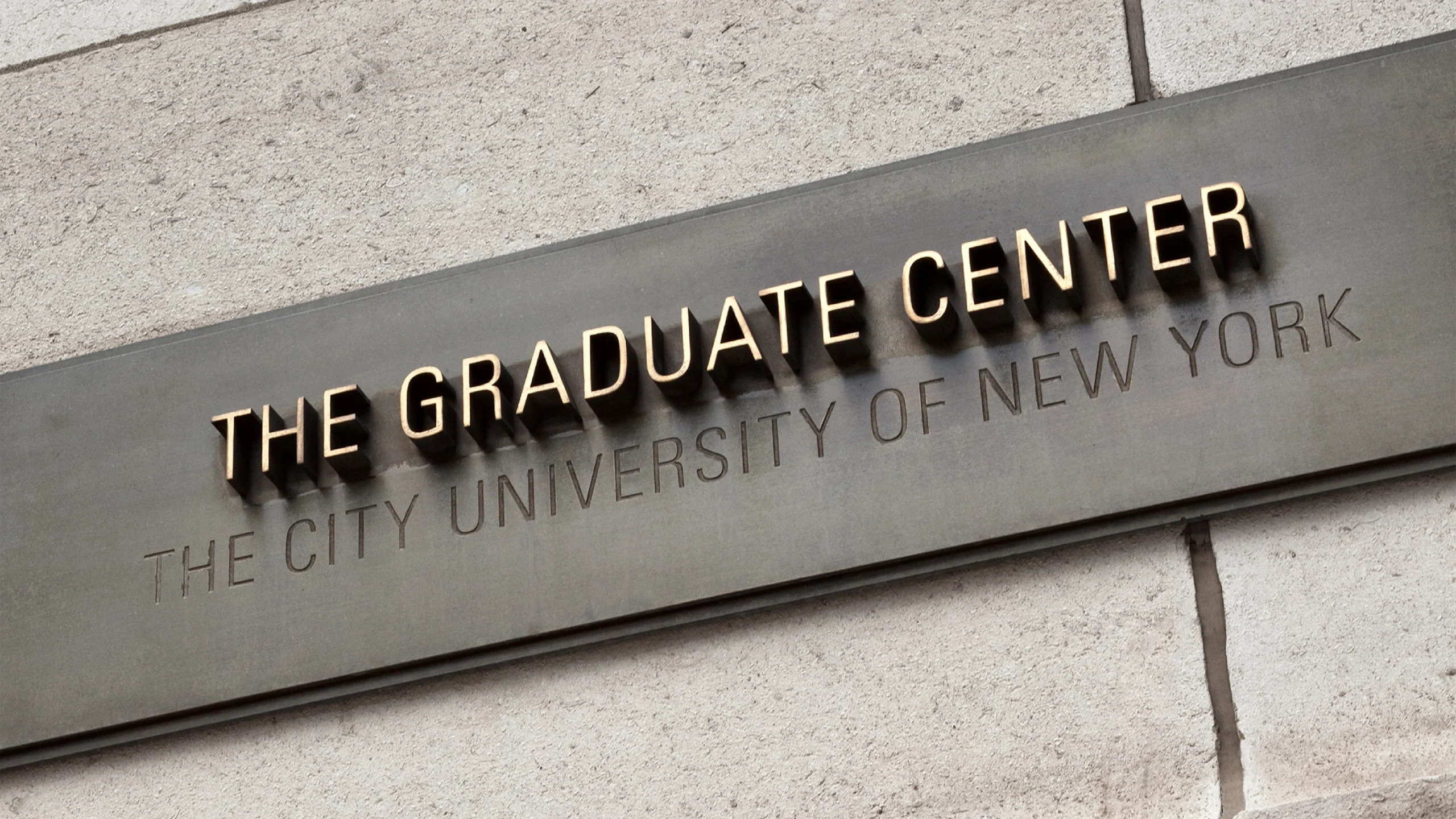The 10th anniversary celebration of CUNY’s Advanced Science Research Center (ASRC) was held on Thursday, Sept. 12th. It was reported that external funding for research reached an all time high of $672 million for the fiscal year 2024. The ceremony was held at CUNY’s ASRC located in The City College of New York.
“CUNY’s record growth in funding from external sources, along with our rising expenditures for research and development, reflect the success of this critical enterprise, which creates knowledge and advances our progress in pursuit of solutions to the many pressing scientific and societal challenges we face,” said CUNY Chancellor Félix V. Matos Rodríguez.
The event featured several notable speakers, including CUNY professor and inaugural Chair of Science Innovation and Leadership at Hunter College Mandë Holford. Winner of the prestigious National Institutes of Health Pioneer Award, Holford will receive $5.5 million for her research on cephalopod venoms, their therapeutic properties, and their medicinal applications, according to the Graduate center website.
Other speakers included Dr. William G. Kaelin Jr. of Harvard Medical School, a 2019 Nobel laureate; Rosemarie D. Wesson, CUNY associate vice chancellor and university vice provost for research; Hector Cordero-Guzman, president of the Research Foundation of CUNY; and Joshua C. Brumberg, president of the CUNY Graduate Center. Each speaker highlighted the significance of this milestone and acknowledged the faculty researchers who made this possible.
One of the key goals of the “CUNY Lifting New York; 2023-2030 Strategic Roadmap” is to expand the scope of research and similar projects within the CUNY system. To attain this goal, several initiatives are being implemented. One such initiative is to focus on creating more opportunities for scholarly work and academic research.
Queens College Anthropology professor Murphy Halliburton has conducted extensive research on Ayurvedic psychiatry, biomedical psychiatry, and religious healing practices in South India. He also completed a Fulbright-funded fieldwork project on recovery from serious mental illness in South India. While discussing funding sources for anthropological and social sciences research, Halliburton noted that researchers in his field often do not qualify for certain CUNY funding sources.
Halliburton emphasized how researchers like him could benefit from more “funding for release time,” which would create opportunities for sabbaticals. He explained that, unlike the hard sciences, which often require equipment and assistance, social sciences research primarily requires time.
For the fiscal year 2023, research funding totaled $633 million, reflecting a $39 million — or 6% — increase in fiscal year 2024, bringing it to $672 million. The roadmap projects this growth to continue, aiming for a 20% increase in total awarded research grants by 2030.
Mark Hauber, Executive Director of CUNY ASRC, remarked on the anniversary in a statement on the ASRC website: “We will embark on an even more intensive and focused journey of interdisciplinary exploration, nurturing innovative collaborations and forging strategic partnerships along the way.”











